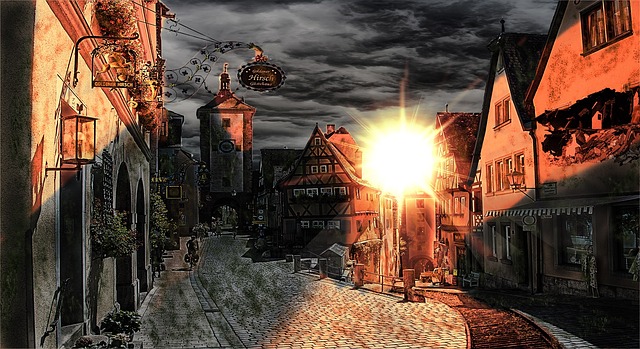As the New Year rolls in, many of us are swept up in the excitement of self-improvement and new beginnings. We create resolutions that reflect our aspirations, and for me, one of those resolutions is to dive deeper into the world of literature—specifically, Hungarian novels. In this quest for a new reading lifestyle, I aim to discover not just entertaining stories but also insightful perspectives that can enrich my life.
Reading has always been a source of joy for me, but as years passed, my choices often leaned toward mainstream literature. This year, my goal is to embrace the richness of diverse narratives. Hungarian novels have long intrigued me, and they represent a compelling opportunity to explore themes of identity, culture, and resilience. Authors like Imre Kertész, known for his profound takes on the human condition, offer stories that resonate on many levels. By integrating these remarkable works into my reading list, I’m setting the stage for a transformation—both in my literary palate and in my overall lifestyle.
Incorporating Hungarian novels into my routine brings an air of sophistication to my reading lifestyle. I envision curling up with a classic like “Fatelessness” or “The Melancholy of Resistance,” immersing myself in the labyrinthine narratives that challenge me to think differently about the world. Each page turn not only fuels my imagination but also pushes me to reflect on my own experiences and beliefs. This new approach allows me to live the resolution of becoming a more well-rounded individual.
Adopting a reading lifestyle inspired by Hungarian literature involves more than just picking up a book; it embodies a commitment to understanding and appreciating different cultures and philosophies. This year, I’ll be exploring reading groups and online communities that focus on international literature, creating a network of like-minded individuals who share a passion for discovery. With every discussion about Hungarian novels, I find myself shedding old perspectives and embracing a more open-minded approach to storytelling.
As I embark on this journey, I feel the thrill of becoming a new me—one who not only possesses a burgeoning collection of international literature but also embodies the reflections and lessons drawn from each book. By embracing the stories from Hungary, I hope to cultivate empathy, awareness, and a genuine curiosity about the world around me. These novels offer not just escape but also connection—a way to bridge cultures through words.
This New Year, let’s make reading a significant part of our resolutions. Let’s embark on this journey together, challenging ourselves to explore voices that may be different yet ultimately universal. With every Hungarian novel we read, let’s uncover layers of our own identities and those of others, growing into the new versions of ourselves that we aspire to be.



